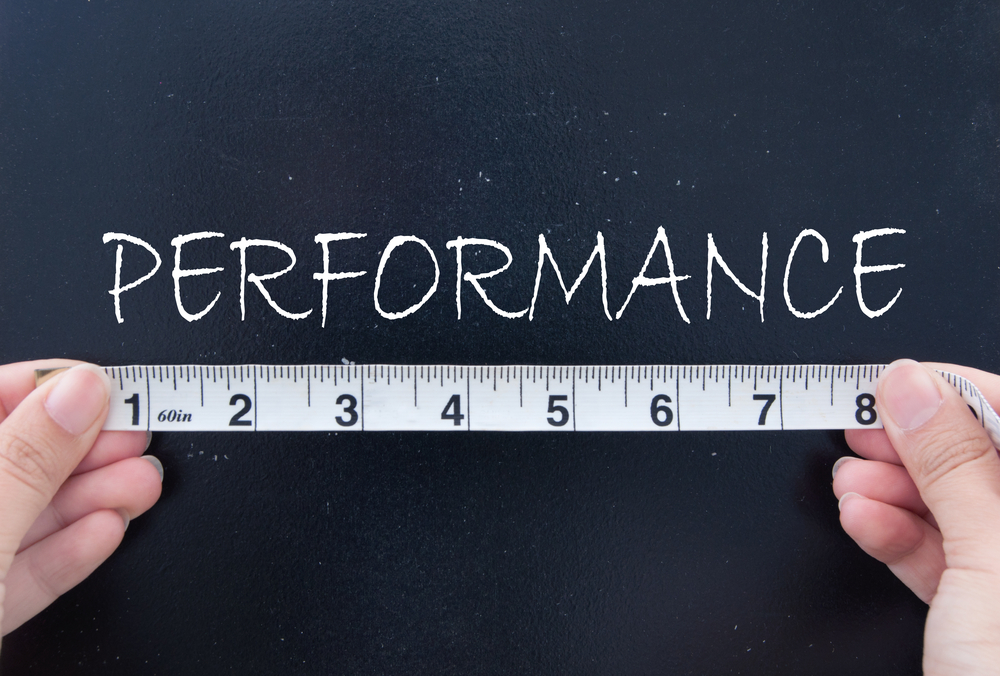“I could,” I explain, “measure the number of PowerPoint slides I employ. I could measure the number of times I use the whiteboard. Or the number of sheets of flipchart paper I use. Or the number of pages in your manuals. I could, with a pedometer strapped to my side, measure the number of steps I take. And finally, I could, measure how tired I feel at the end of the day. If I’m really tired, I must have done a good job.”
Typically, I face a room of sceptical faces.
“You’d be happy with those as measures of my performance, wouldn’t you?” I ask.
After some hesitation, “No,” come the replies.
“And why is that?” I ask.
“Those are just measuring random things you did,” comes the answer. “They’re just measures of activity.”
“Ok, so if it’s not about activity, what is the measure of my performance today?” I probe.
“Whether we get something out of the day,” some say.
“Whether we can use the ideas you give us,” declare others.
At this point, I can see an oh-my-god look across most of the faces in front of me. It’s a moment of truth for them. Suddenly they realize, via this simple and present example, that:
- They never fully appreciated the difference between activity and outcome.
- They’d been developing measures of activity and calling them performance measures.
- The reason their organizations have so many measures is that they continually measure activities under the guise of measuring performance.
Having gotten to first base and achieved this ah-hah moment, I move on to provide a twist to the story. “But is that the only measure of my performance today?” Now my audience is really stumped. They thought they’d answered the question. So I continue, “What do I get out of today?”
Eventually someone will call out, “repeat sales” or something similar. But from the rest of the audience I invariably get quizzical looks. So, I explain. “To fully measure my performance today I need to assess your satisfaction, yes, but I also need to track my future sales. Right?”
Now my audience appears satisfied, even relaxed. They can see the link between measurement and performance.
———————————————————
Author – Graham Kenny

